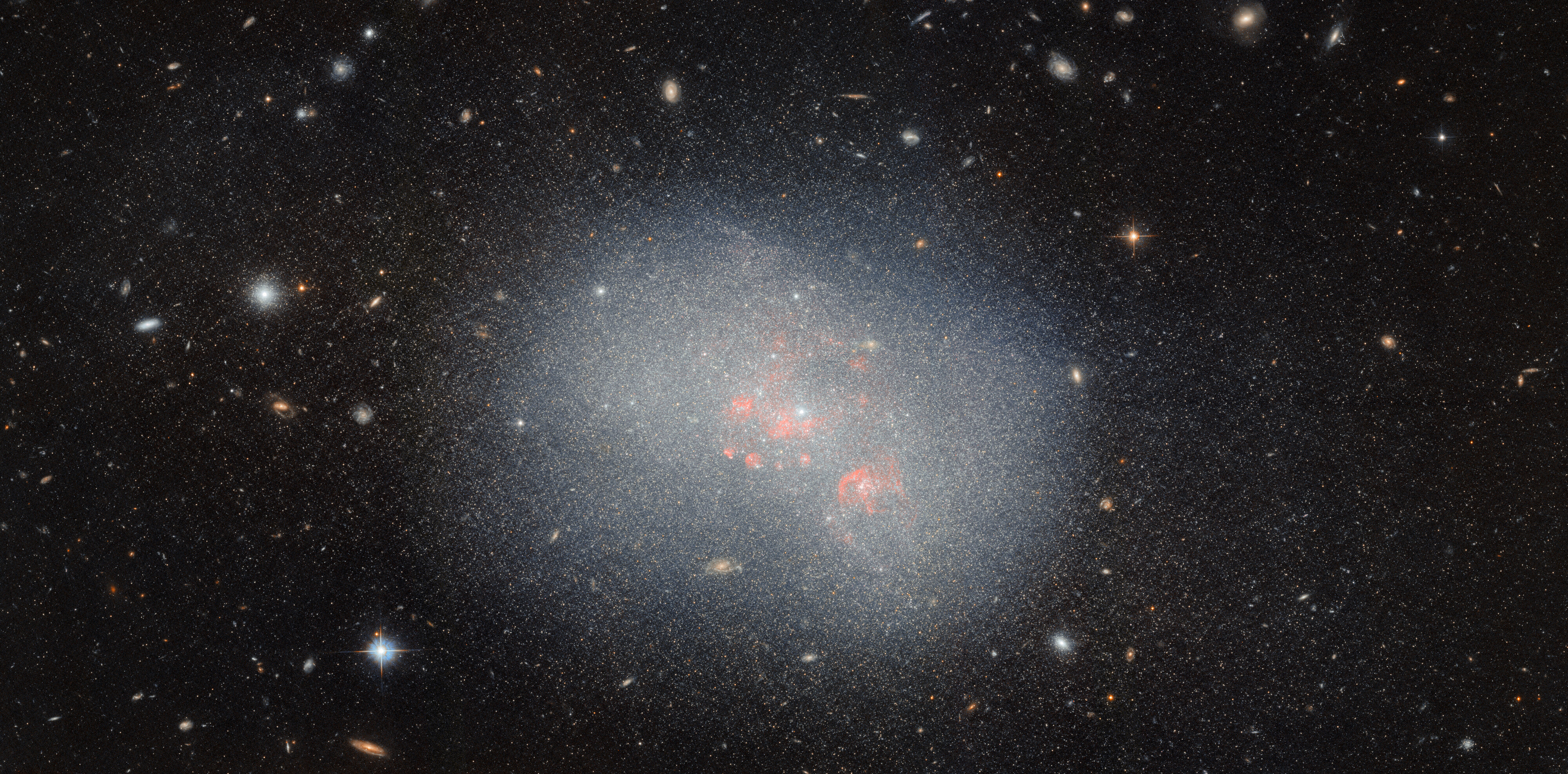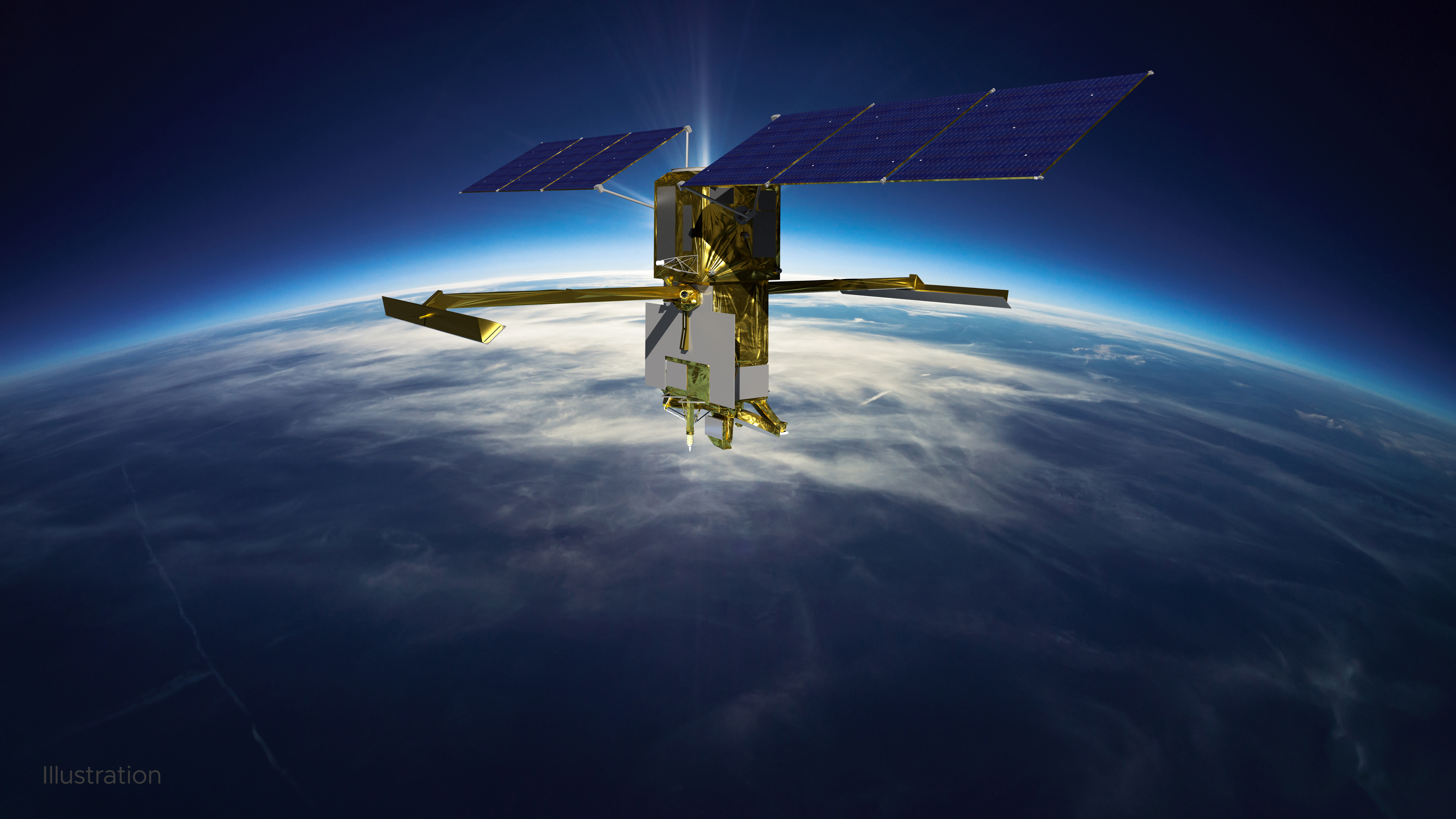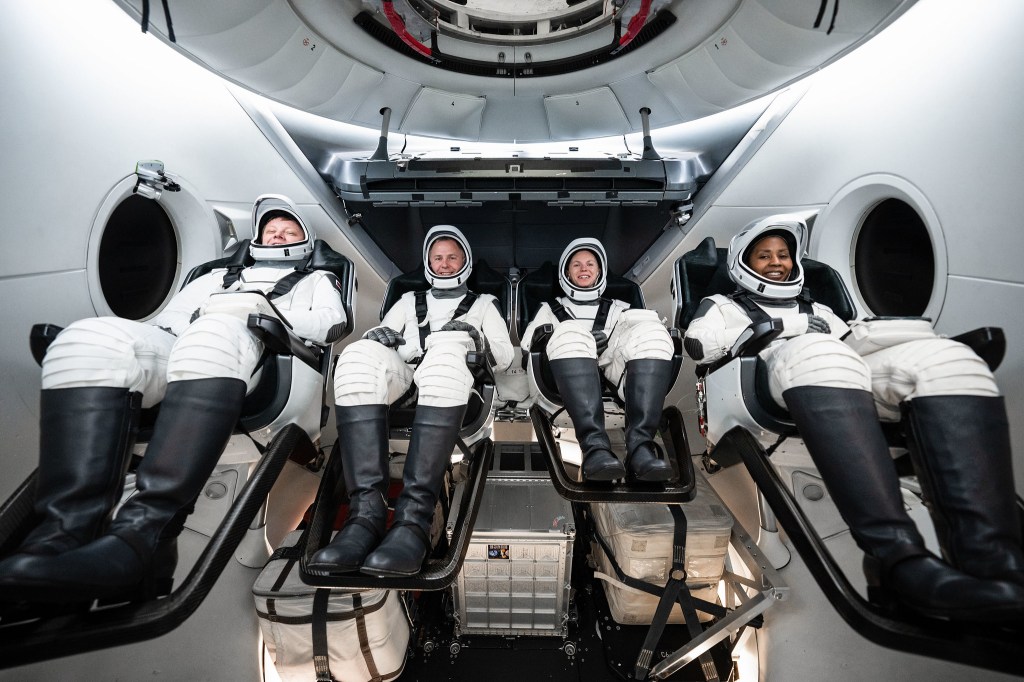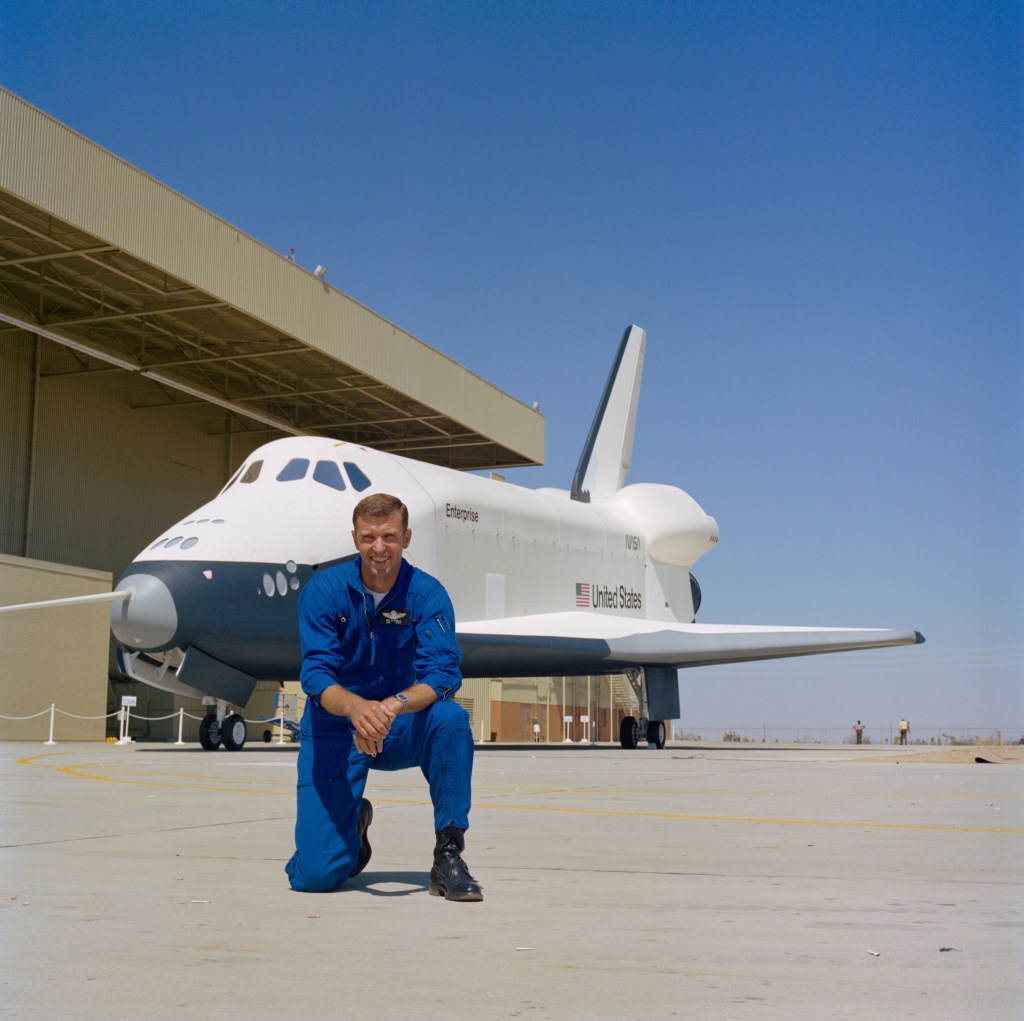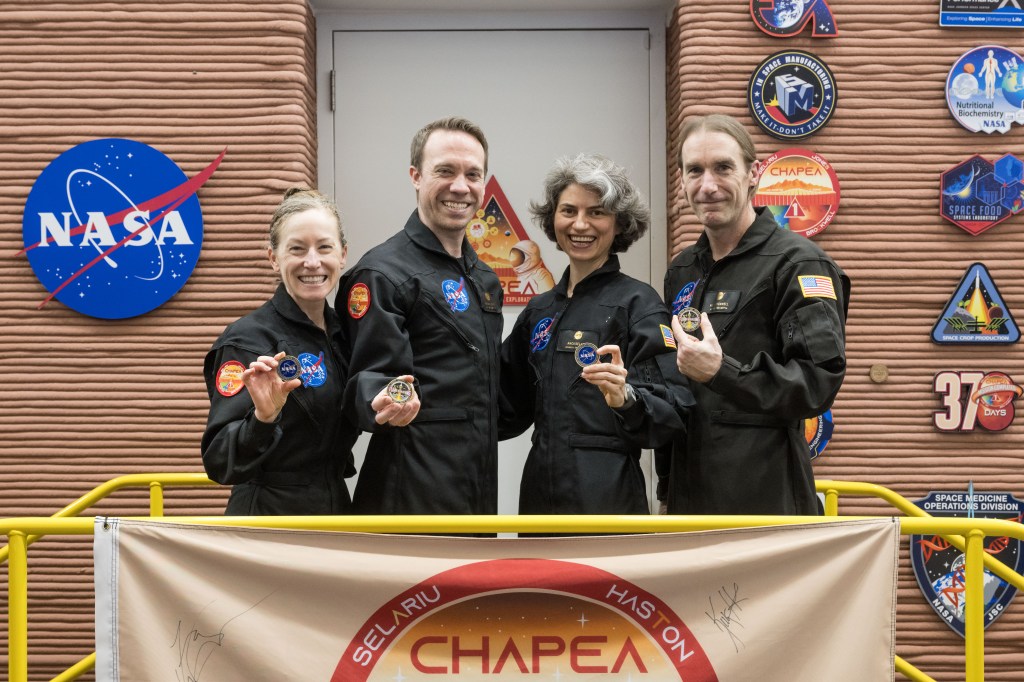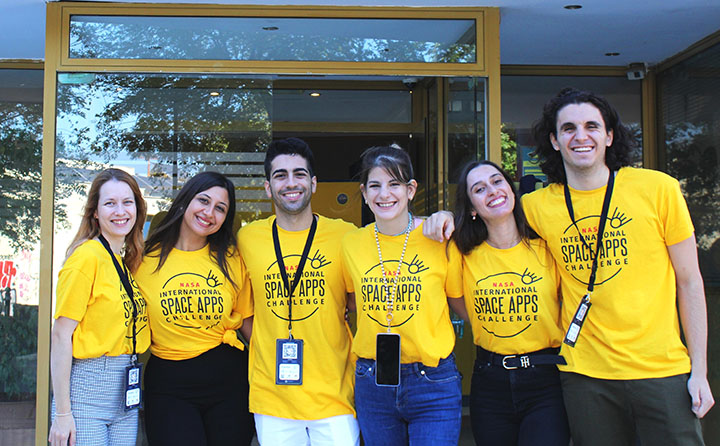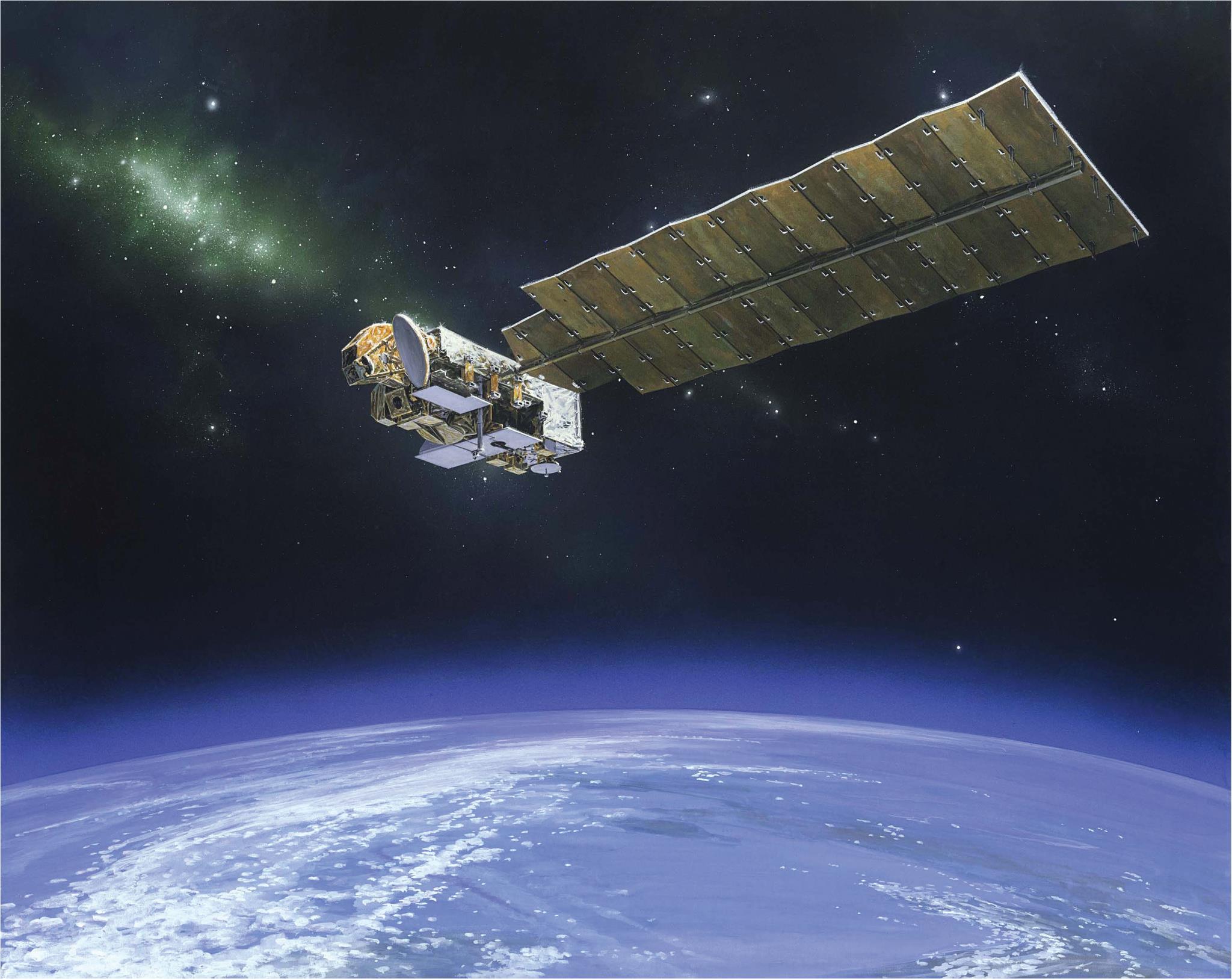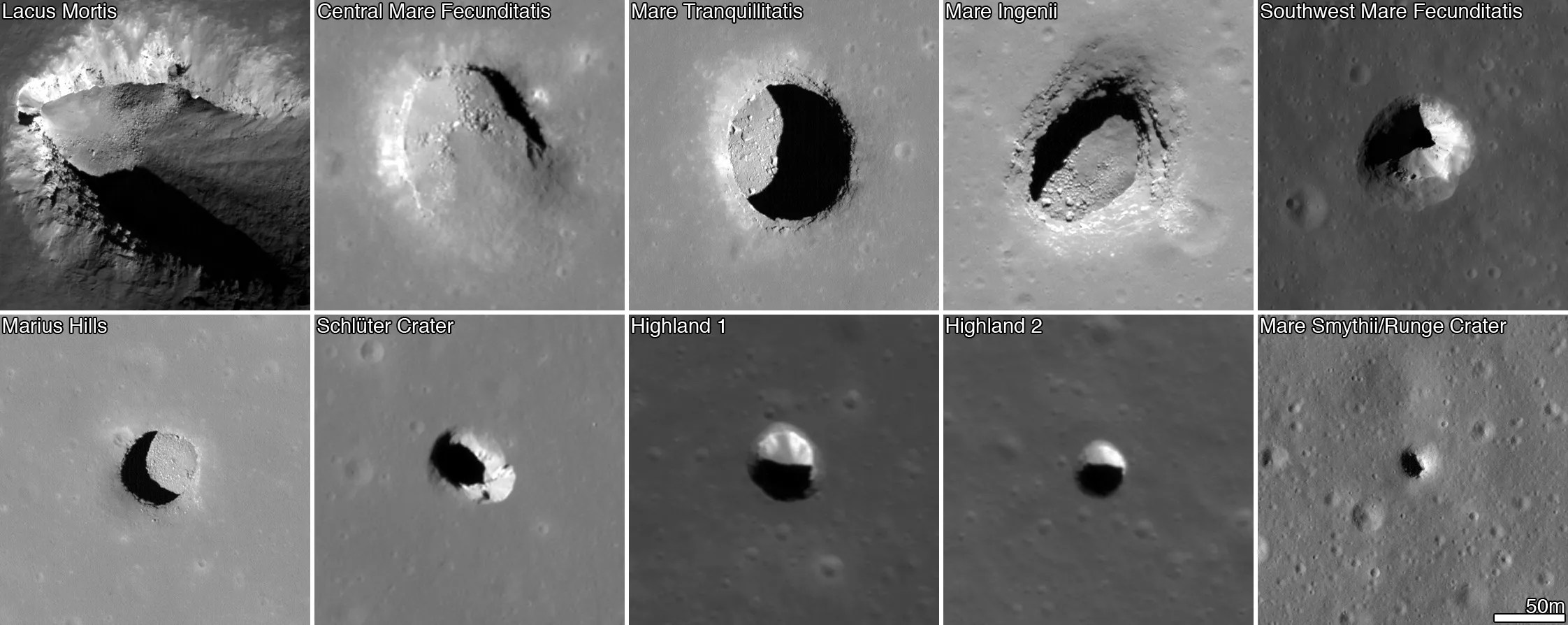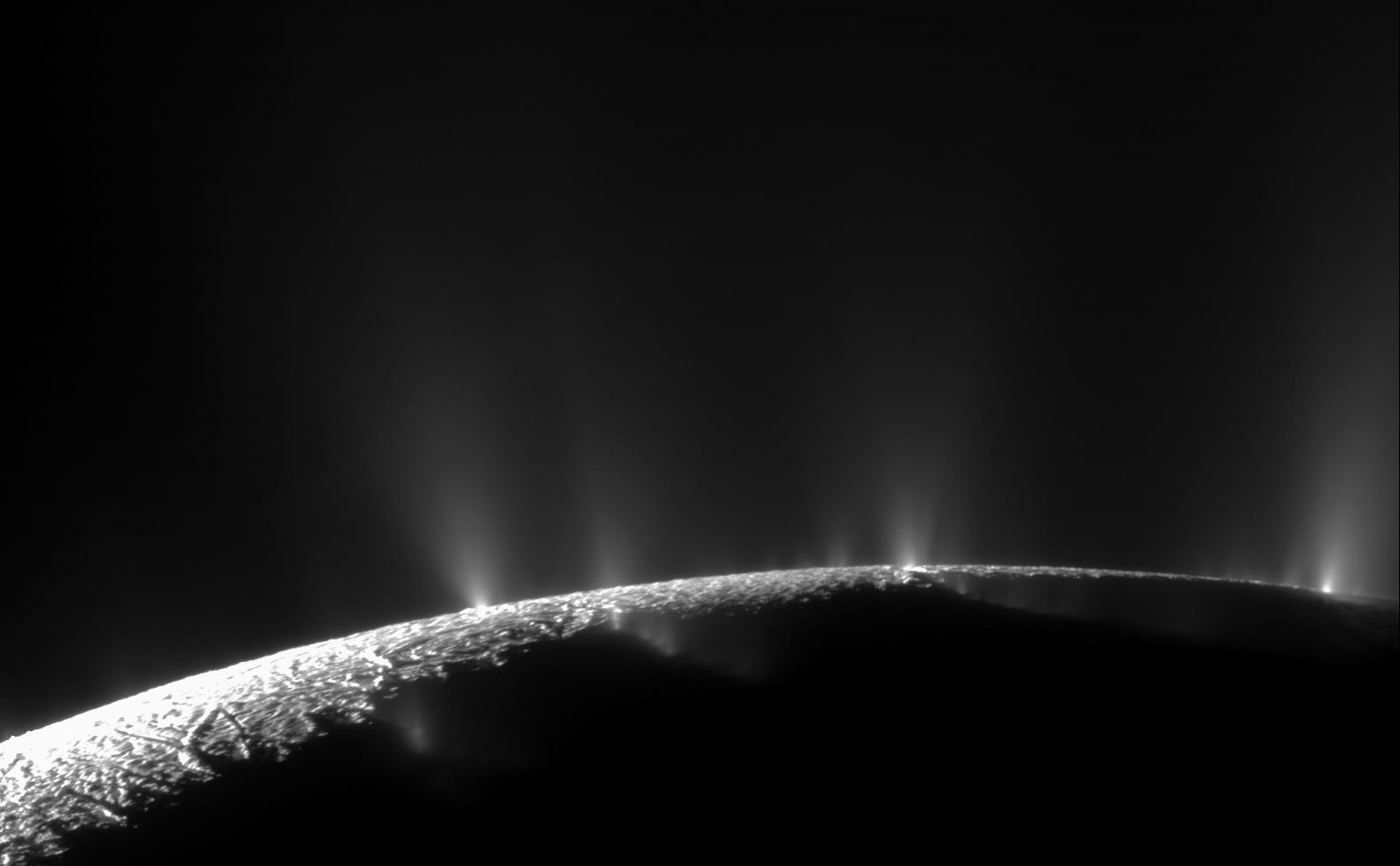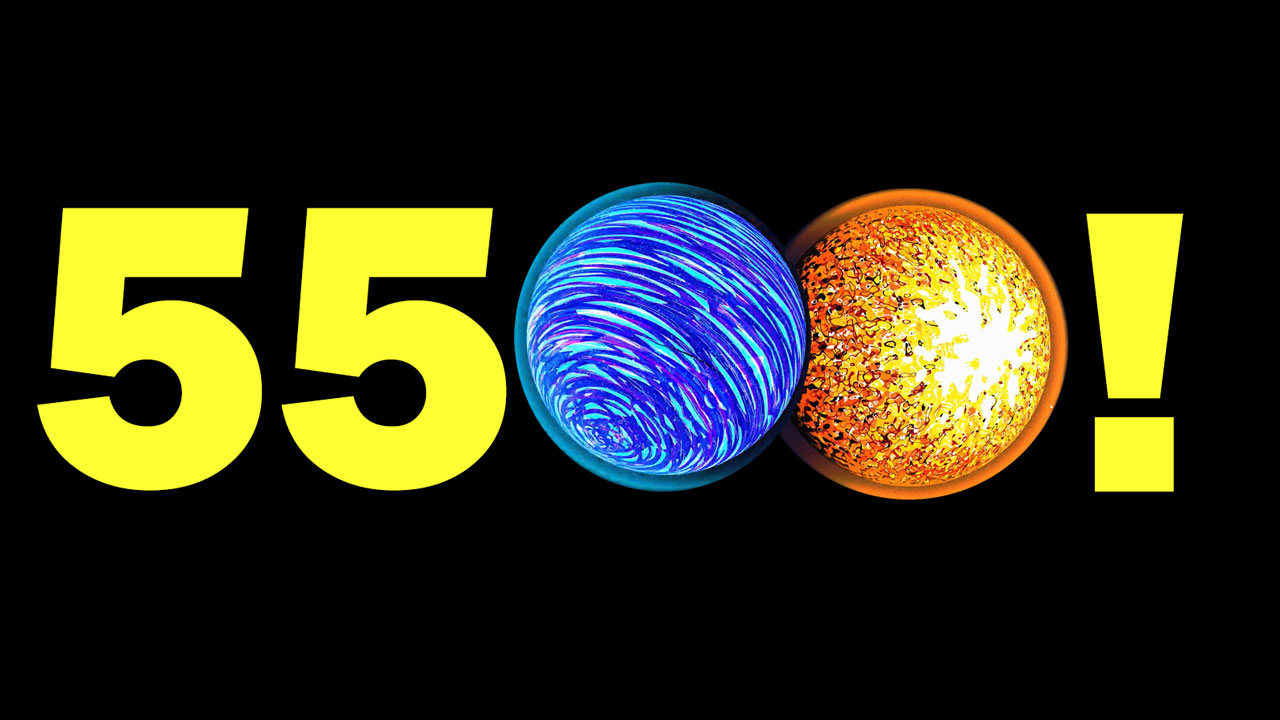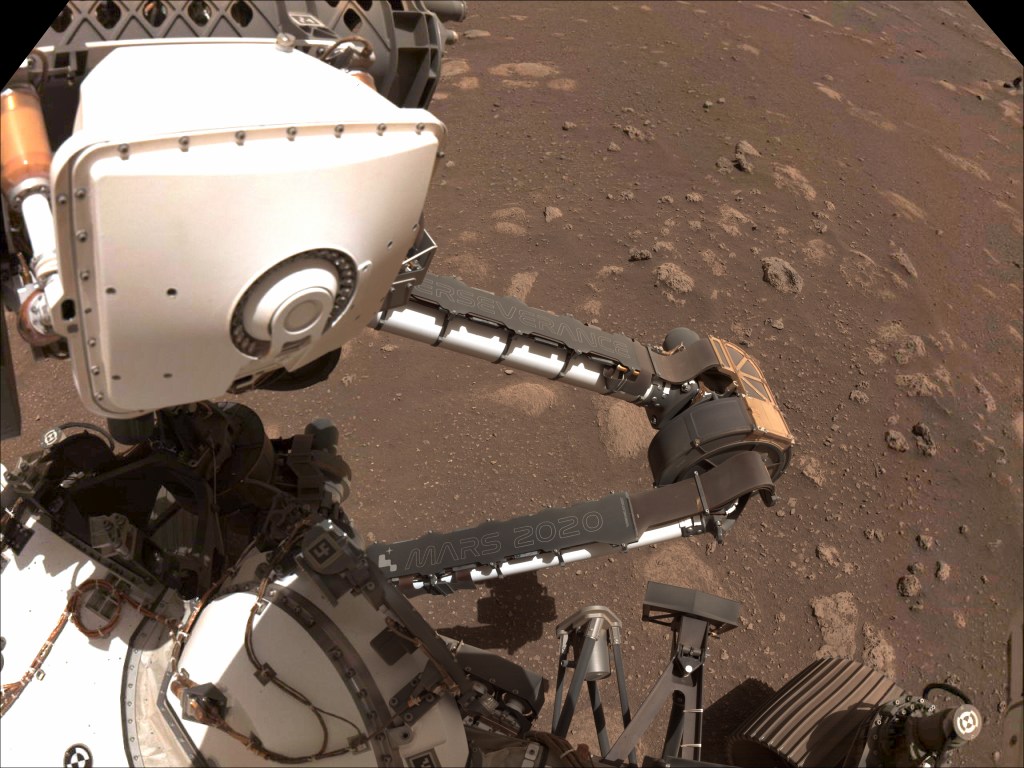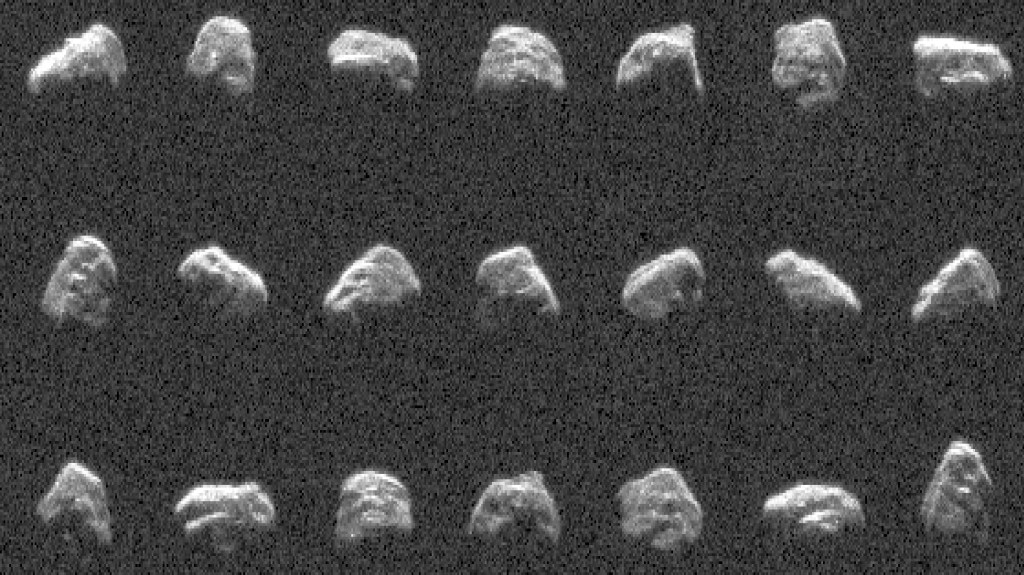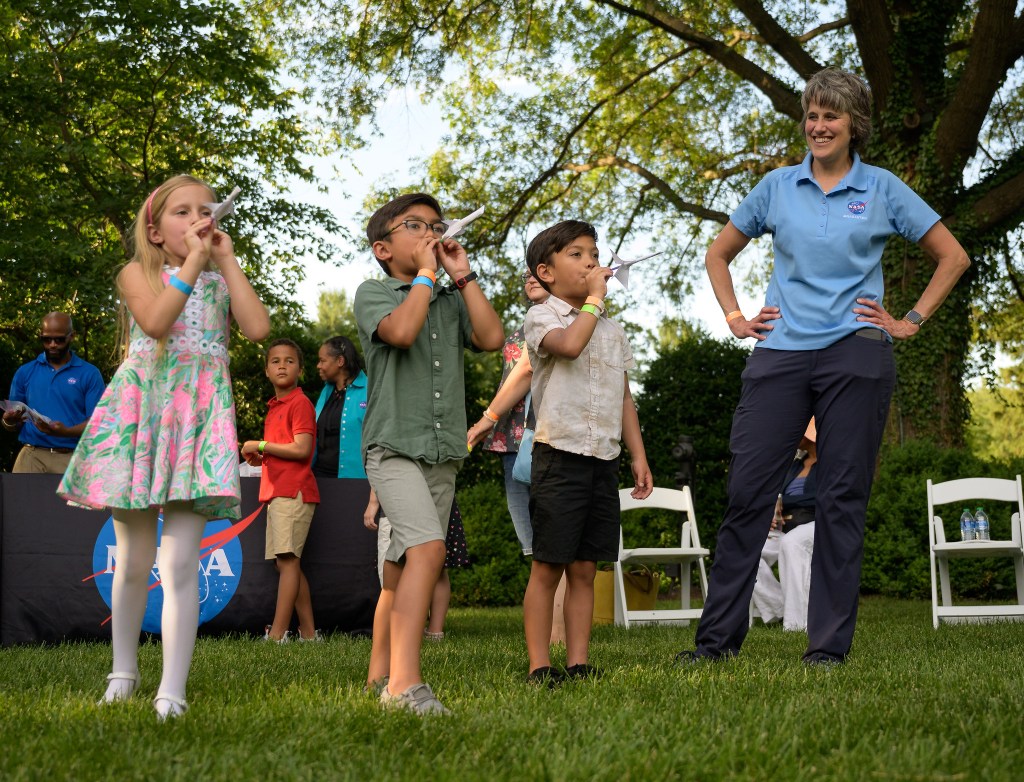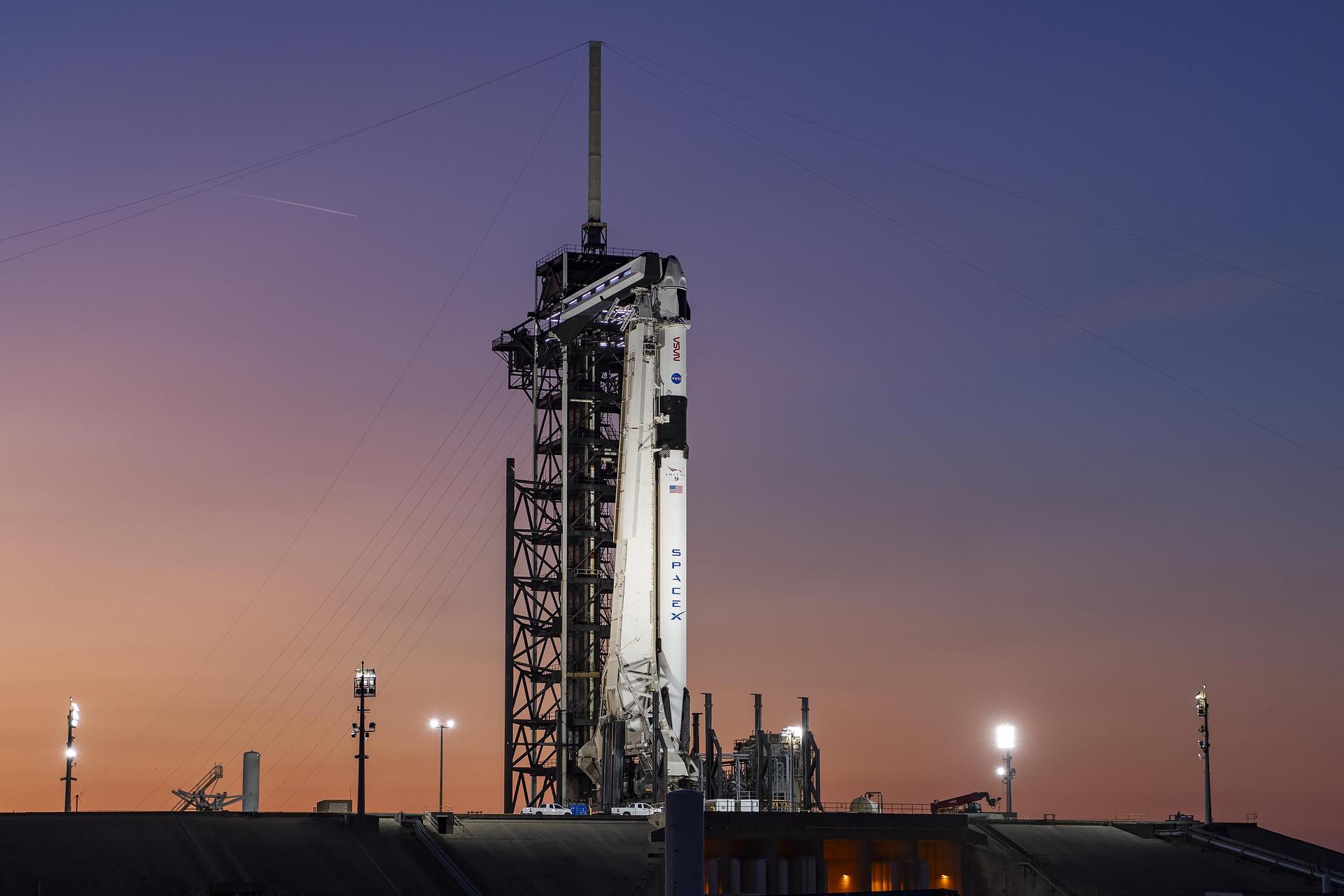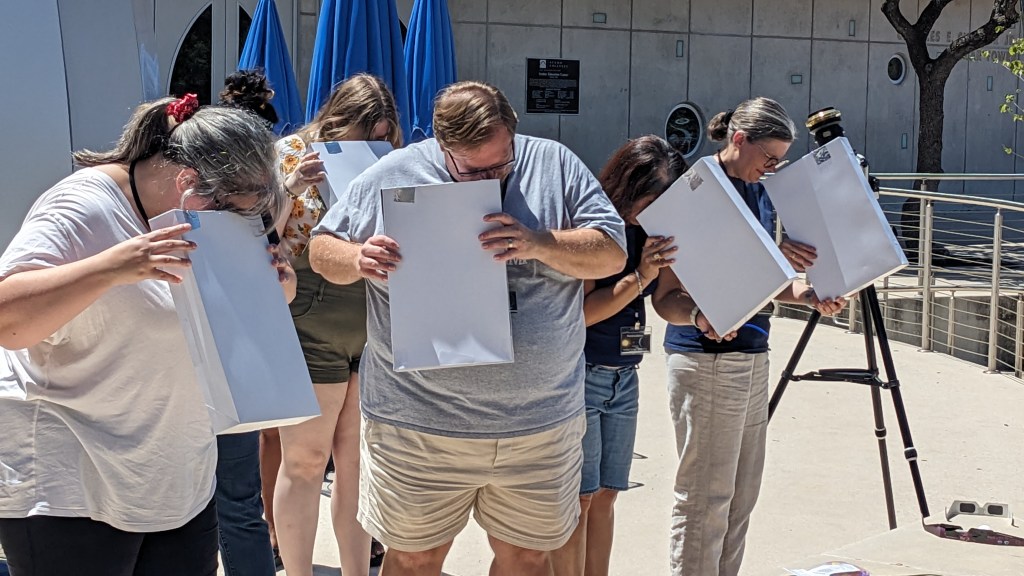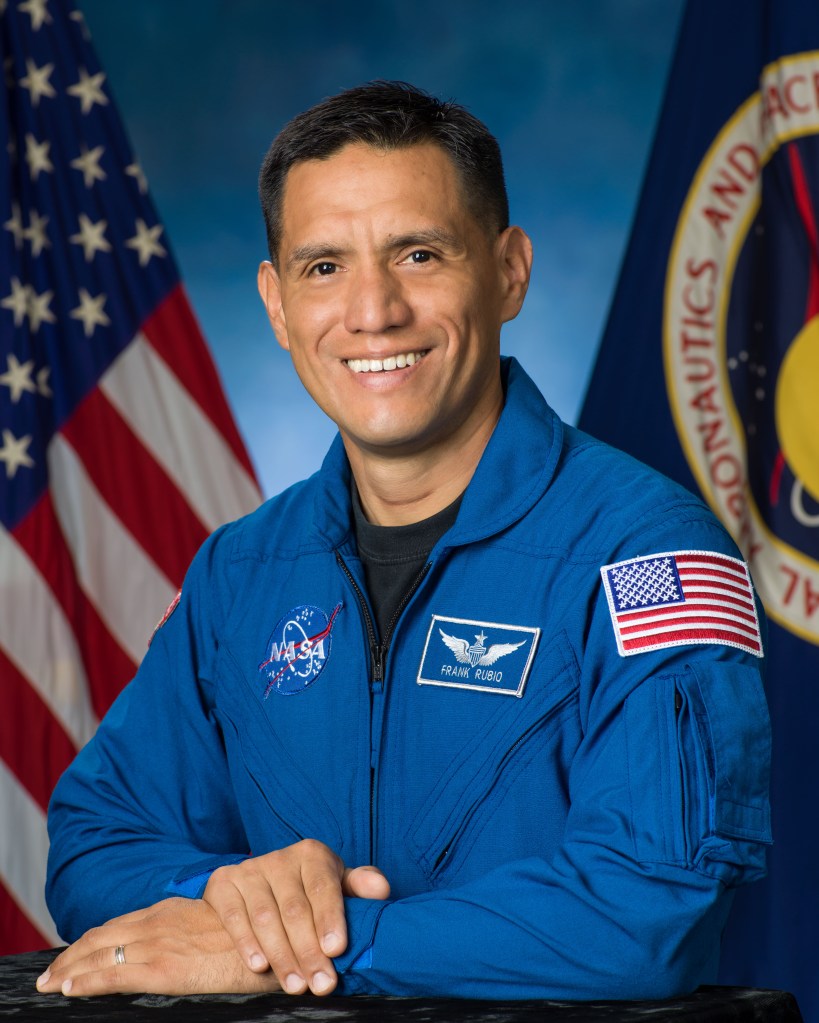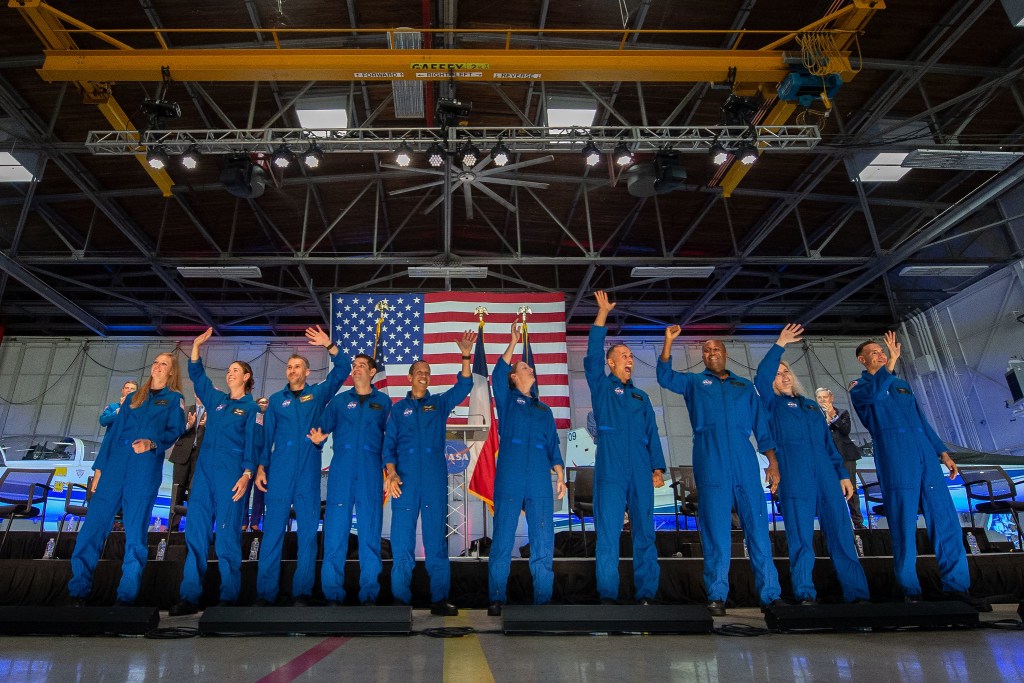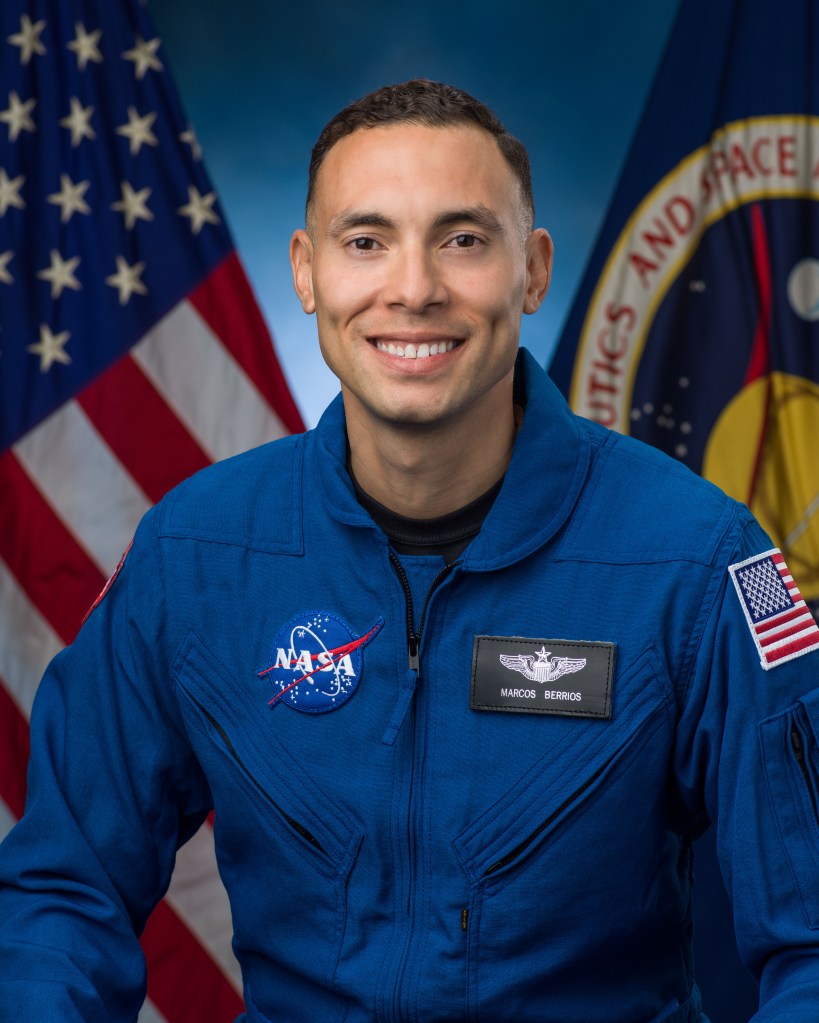Former astronaut C. Gordon Fullerton, currently chief research pilot at NASA’s Dryden Flight Research Center at Edwards Air Force Base, will be inducted into the U.S. Astronaut Hall of Fame at the Kennedy Space Center Visitor Complex in Florida on April 30.
Fullerton will be joined by two other 2005 candidates, Joseph Allen and Bruce McCandless, who were selected by a committee of former NASA officials and flight controllers, journalists, historians, and Hall of Fame astronauts.
Fullerton logged more than 382 hours in space flight as a NASA astronaut from September 1969 until November 1986 when he retired from the astronaut corps and joined the research pilot staff at Dryden.
As an astronaut Fullerton served on the support crews for the Apollo 14, 15, 16 and 17 lunar missions at the NASA Johnson Space Center.
In 1977, Fullerton was assigned to one of the two two-man flight crews that piloted the Space Shuttle prototype Enterprise during the Approach and Landing Test Program at Dryden.
Fullerton piloted the eight-day STS-3 Space Shuttle orbital flight test mission March 22-30, 1982, which exposed the orbiter Columbia to extremes in thermal stress and tested the 50-foot Remote Manipulator System used to grapple and maneuver payloads to orbit. STS-3 landed at Northrup Strip, White Sands, N.M., because Rogers Dry Lake at Edwards AFB was wet due to heavy seasonal rains.
Fullerton later commanded the STS-51F Spacelab 2 mission flown on the shuttle orbiter Challenger in mid-1985. This mission was the first pallet-only Spacelab mission and the first to operate the Spacelab Instrument Pointing System (IPS). It carried 13 major experiments in the fields of astronomy, solar physics, ionospheric science, life science, and a super fluid helium experiment. The eight-day mission ended with a landing at Edwards AFB.
After earning Bachelor of Science and Master of Science degrees in Mechanical Engineering from the California Institute of Technology, Fullerton joined the U.S. Air Force in 1958 where he flew both fighters and bombers. He attended the Air Force Aerospace Research Pilot School (now the Air Force Test Pilot School) at Edwards Air Force Base in 1964 and served as a test pilot with the Bomber Operations Division at Wright-Patterson AFB, Ohio. In 1966, Fullerton was selected to serve as a member of the flight crew for the Air Force Manned Orbiting Laboratory program until its termination in 1969. He completed a 30-year career with the U.S. Air Force and retired as a colonel in 1988.
At Dryden, Fullerton continues in his position of civilian research pilot, and is currently chief of the flight crew branch. With more than 15,000 hours of flying time, Fullerton has piloted 135 different types of aircraft, including a wide range of civil, military and specialized research aircraft. He has been the project pilot on a number of major flight research programs at NASA Dryden.
To be eligible for induction into the U.S. Astronaut Hall of Fame, an individual must be a U.S. citizen, have been out of the active astronaut corps at least five years, have made his or her first flight at least 20 years before the induction year, be NASA-trained, and orbited the earth at least once. Committee members consider not only accomplishments in space, but also how candidates contributed to the advancement of space exploration both before and after their missions. For more information about the Astronaut Scholarship Foundation, visit: http://www.AstronautScholarship.org
For information about the 2005 Astronaut inductees, visit: http://kennedyspacecenter.com
PHOTO EDITORS: A recent publication-quality photo of Gordon Fullerton is available from the NASA Dryden web site photo gallery at: http://www.dfrc.nasa.gov/Gallery/Photo/T-38/HTML/EC05-0041-4.html
– end –
text-only version of this release
To receive status reports and news releases issued from the Dryden Newsroom electronically, send a blank e-mail message to dfrc-subscribe@newsletters.nasa.gov. To unsubscribe, send a blank e-mail message to dfrc-unsubscribe@newsletters.nasa.gov. The system will confirm your request via e-mail.
Dryden Flight Research Center
P.O. Box 273
Edwards, California 93523
Phone 661/276-3449
FAX 661/276-3566
Roberta Ross
NASA Dryden Flight Research Center
Phone: 661/276-3143
roberta.ross@dfrc.nasa.gov



